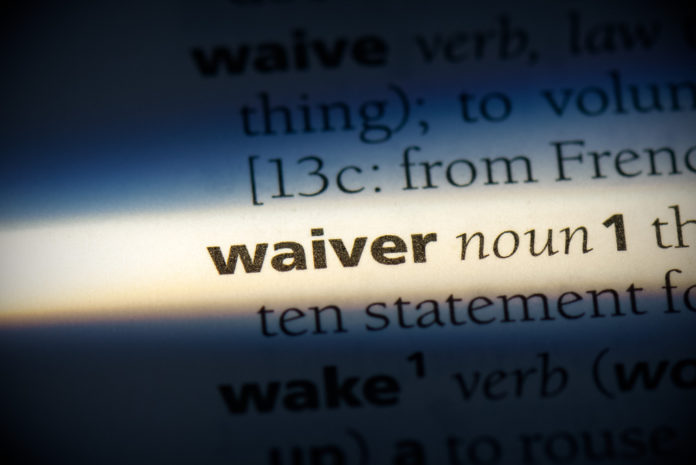Protest challenging offeror’s exclusion from the competitive range is denied. The protester argued that its proposal should not have been assigned deficiencies because it had been found materially compliant in an initial evaluation. But the initial evaluation only determined whether offerors followed instructions. Just because the protester had been found compliant did not mean the agency was prohibited from assigning deficiencies. The protester also challenged the agency’s technical and past performance evaluations. Because the protester only summarily addressed these arguments in its comments on the agency report, GAO deemed them abandoned.
Zolon LLC bid on an RFP issued by the National Geospatial-Intelligence Agency (NGA) for systems engineering and integration support services. NGA found Zolon’s proposal unacceptable due to deficiencies in its management approach. Zolon’s key personnel did not possess the requisite qualifications, and its approach under a management subfactor demonstrated a poor understanding of the requirement. Zolon filed a protest with GAO, contesting the rejection of its proposal.
Zolon contended that its proposal should have only been assigned strengths and weaknesses, not deficiencies, because its proposal was already deemed materially compliant during an initial compliance assessment. But GAO noted that the RFP specifically provided that NGA would assign deficiencies when evaluating proposals. Also, the agency’s determination that Zolon was materially compliant did not preclude the assigning of deficiencies. The initial compliance determination was designed to determine whether proposals were prepared in accordance with instructions, not whether they satisfied minimum evaluation standards.
Zolon also argued that it should have been assigned higher ratings under other technical and past performance factors and subfactors. NGA responded to these arguments in the agency report. But Zolon did not respond to the NGA’s arguments in its comments, simply stating that “any issues not addressed by these comments are not abandoned, but instead should be considered submitted on [its] original protest submissions. GAO reasoned that while Zolon had summarily responded to the NGA’s argument, it had not offered any specific legal argument that would provide a basis for finding the agency’s position unreasonable. Accordingly, GAO found that Zolon had abandoned these arguments.
Zolon is represented by William T. Welch and Orest J. Jowyk of McMahon, Welch and Learned, PLLC. The agency is represented by Bree A. Ermentrout and Mark B. Grebel of the National Geospatial-Intelligence Agency. GAO attorneys Todd C. Culliton and Tania Calhoun participated in the preparation of the decision.




